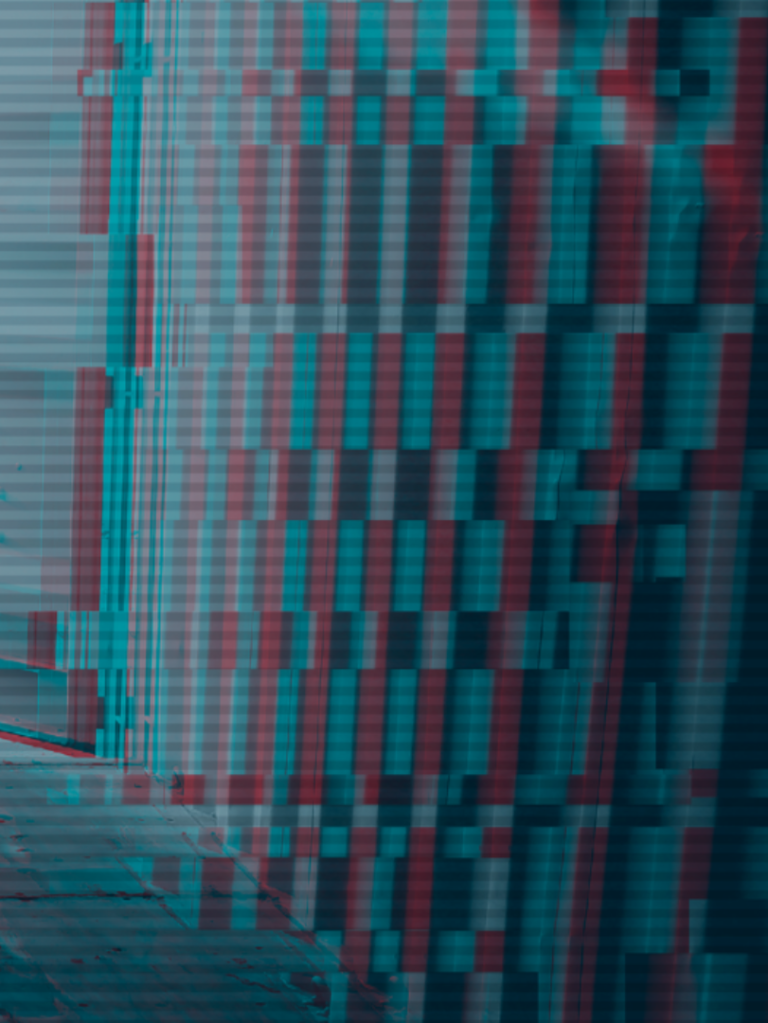Naomi Garcia
Executive Summary
 Chinese state-owned conglomerates trade in sensitive technologies with Russia’s defense sector, including to companies involved in Russia’s ongoing war in Ukraine. At a time when the People’s Republic of China (PRC) has become the subject of heightened vigilance and new trade sanctions, evidence suggests that patterns of data censorship and convoluted corporate networks serve to obscure trade in defense-applicable technology. Whether or not the PRC’s trade data environment is opaque by design, it ultimately conceals the networks of people and companies involved in the trade of military equipment and undermines global nonproliferation efforts.
Chinese state-owned conglomerates trade in sensitive technologies with Russia’s defense sector, including to companies involved in Russia’s ongoing war in Ukraine. At a time when the People’s Republic of China (PRC) has become the subject of heightened vigilance and new trade sanctions, evidence suggests that patterns of data censorship and convoluted corporate networks serve to obscure trade in defense-applicable technology. Whether or not the PRC’s trade data environment is opaque by design, it ultimately conceals the networks of people and companies involved in the trade of military equipment and undermines global nonproliferation efforts.C4ADS developed reproducible methods for detecting PRC weapons trade that overcome these challenges in China’s poor data environment. In the past year, these methods have supported more than 10 U.S. and international law enforcement actions against PRC entities involved in illicit trade of defense technologies. To demonstrate our methodologies in this report, we highlight three examples of previously undetected trade in defense products between a major Chinese state-owned conglomerate and Russia’s state defense sector. In doing so, we find the following:PRC state-owned conglomerates proliferate to companies supporting Russia’s invasion of Ukraine. We identified 281 previously unreported shipments of sensitive goods by China Poly Group Corporation (hereafter Poly Group) subsidiaries to Russian defense organizations between 2014 to 2022. For example, in January 2022, Poly Group’s subsidiary Poly Technologies Inc. reportedly exported one shipment containing anti-aircraft missile radar parts to the sanctioned Russian state-owned defense company Almaz Antey, which reportedly supports Russia’s war in Ukraine.
International import records provide actionable information about PRC defense shipments that is missing from China’s domestic trade data sources. Chinese trade data is expensive, unreliable, and incomplete, lacking details about both the products in any given shipment and the importing company overseas. We demonstrate how to overcome these limitations using other countries’ reported imports from China, which can enable law enforcement and civil regulators to detect and target illicit PRC defense networks.
Corporate network analysis exposes proliferation activity by companies that may go undetected within the PRC’s complex commercial system. For example, corporate records indicate that Poly Group consists of more than 2,900 companies operating in more than 100 sectors with convoluted ownership structures across many layers of subsidiaries. By investigating companies connected via shared corporate officers, C4ADS identified unsanctioned companies that trade in the same defense products with the same overseas partners as sanctioned entities in the conglomerate. Our findings indicate that network analysis focused on corporate leadership enables the detection of previously unknown defense proliferators within massive PRC conglomerates.
No comments:
Post a Comment